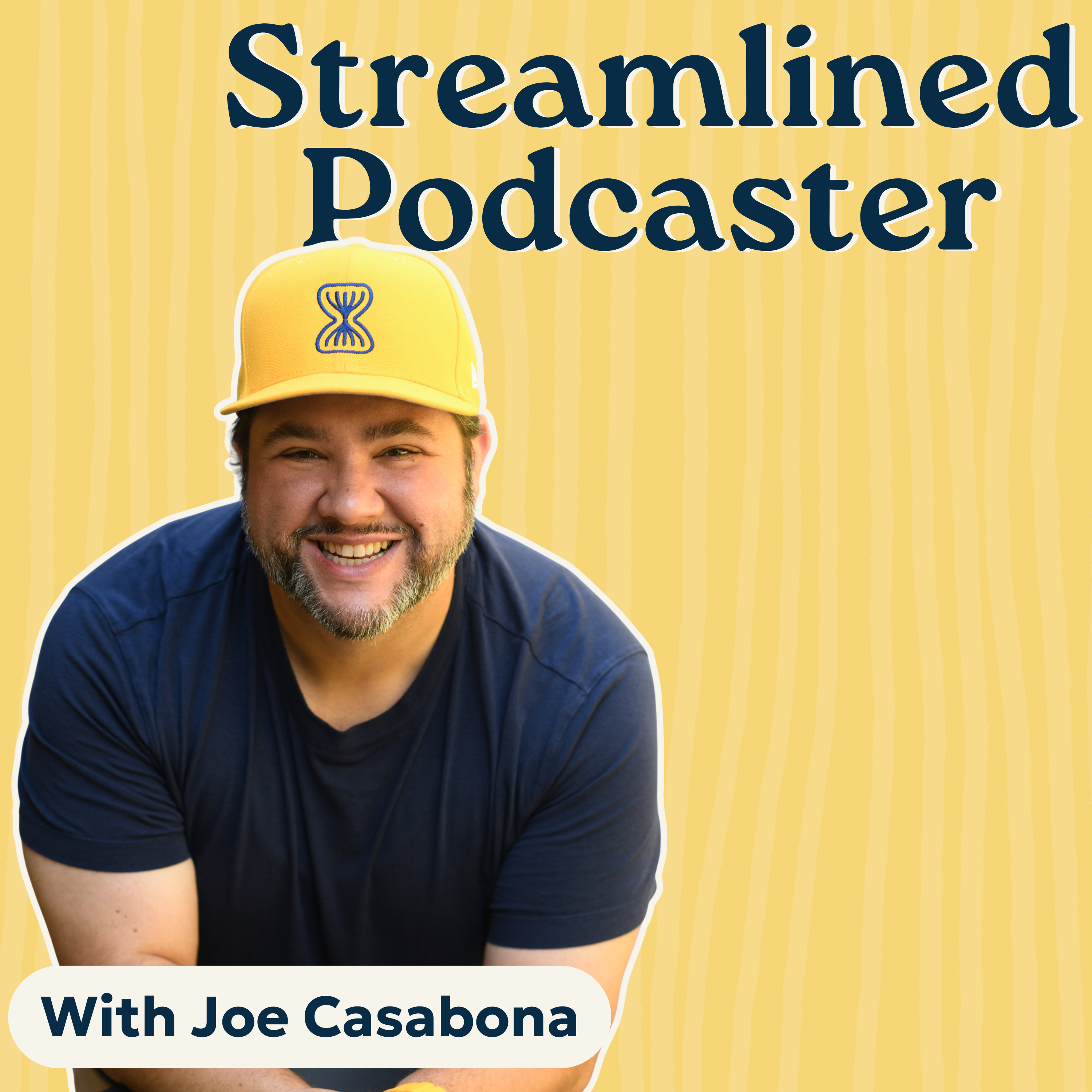
Podcasting Made Simple
Podcasting Made Simple is the premier podcast about podcasting! We’re here to help podcast guests and podcast hosts reach more listeners and grow their income so they can change more lives! Join Alex Sanfilippo and other podcasting industry experts as they share how you can level up on either side of the mic! (Show notes and resources: https://PodMatch.com/episodes)
Podcasting Made Simple
How to Earn Clients from Podcast Guesting | Lyndsay Phillips
Every podcast guest has had this happen: You have a great conversation with a podcast host on their show, the episode comes out, and you don't hear anything from listeners. Thankfully, this frustrating experience doesn't have to be your reality! In this episode, Lyndsay Phillips explains 5 common mistakes that prevent podcast guests from converting listeners into leads and clients and how to overcome them. Get ready to start hearing from listeners (and getting leads and clients) every time you're a guest on a podcast!
MORE FROM THIS EPISODE: HTTPS://PODMATCH.COM/EP/322
Chapters
00:00 Introduction to Podcast Guesting Challenges
01:01 Identifying Common Mistakes in Podcast Guesting
02:57 Crafting a Clear Funnel for Your Talk Topics
05:23 Creating Engaging and Specific Talk Topics
08:18 Structuring Conversations for Impact
10:42 The Power of Storytelling in Podcasting
12:08 Effective Call to Actions for Lead Generation
Takeaways
Podcast guesting can be ineffective if common mistakes are made.
A clear funnel is essential for guiding listeners to your offers.
Engaging and specific talk topics increase booking chances.
Structured conversations highlight your expertise and keep the audience engaged.
Impactful stories resonate with listeners and illustrate your points.
Weak calls to action can lead to lost opportunities.
A well-planned lead magnet connects your talk to your offers.
Listeners appreciate clarity and simplicity in calls to action.
Creating memorable soundbites can enhance audience connection.
Control over interviews leads to more effective conversations.
MORE FROM THIS EPISODE: HTTPS://PODMATCH.COM/EP/322
📊 This month's Independent Podcasters Report is now available! To see podcasting industry insights that matter for indie podcast hosts and podcast guests, please visit https://PodMatch.com/Report!
You're listening to Podcasting Made Simple. Hey everyone, I'm Lindsay Phillips with Smooth Business Podcasting. Now, if you have guested on any podcast, I bet that you've thought at least one of these statements. Podcast guesting just doesn't work. man, that interview was brutal. They gave me so many random questions that I totally didn't even get to share any of my expertise. Not getting any leads from these episodes and honestly, kind of ready to quit. man, the show went live. I was so excited, but the title is horrible. They have no show notes, just my bio and the quotes that they picked. They're definitely not what I would have picked. I barely look like an expert. And I kind of feel like these interviews are falling on deaf ears and an empty calendar. So if you have thought at least one of those, then you were probably falling victim to one of these five mistakes. and their common mistakes. And they will affect your talk topics, your interview questions, and your call to actions that they are lacking strategy. So here I'm gonna share five common mistakes and how to fix them. The first one is no clear funnel. So guests often miss out on giving talk topics that seamlessly guide listeners towards their offers So what I mean by that is I could easily talk about email marketing tips, productivity hacks, how to manage a team, how I grew my business, active campaign versus key. I mean, I've been in business for double digit years. There's a lot of information that I could share that would serve entrepreneurs and make me look like an expert. But I don't have any services that relate to those talk topics. So wouldn't serve me for people to reach out and get on my calendar to ask me about those services. It wouldn't guide them towards the services that I currently offer. So what you really want to do is reverse engineer your offers to create a talk that directly addresses your client's biggest pain points, showcases you as the expert and solution. and let them know what the natural next step is, what lead magnet, what call, what program. So you wanna make sure that it relates to what you're offering. The talk topic, think of it as like the first step in your funnel, right? They're getting to know you. They're hearing your expertise. You're establishing that know, like, and trust factor, but think of it as that first step in your funnel and what you want them to do next. The second mistake is dull topics. They're generic, they're uninspiring, they're failing to captivate listeners, and they're not getting you booked on all of those really great shows that would put you in front of your ideal client. And think of it this way, what is the first thing that a host looks at when they're looking at a pitch or when they're looking at your one sheet? They look at the title. And listeners, when they're scrolling through Apple or Spotify or whatever device it is that they're on, the first thing they look at is the title. And I've been guilty of this, honestly. I even hired a podcast book agency and my talk topic, I wasn't getting booked. My talk topic was so boring. And it was when I used to do content marketing. And I think my title was something like, I don't know, how content marketing can grow your business. I mean, that's so generic. It doesn't help me stand out at all. So I dialed it in. I can't remember what the exact topic was, but it was like four ways to repurpose your podcast to attract, nurture and convert clients. That is specific. So when a host sees that on the one sheet, they're like, ooh, that'll be some good information that will serve my audience. I wanna know that. That's a hot topic. And you know, the host will know that they're gonna get value from that episode. So you're more likely to get booked. And a listener, when they're scrolling through Spotify or Apple and they come across that, they know it's for them and they know what value they're gonna get at from it. They know what problem you're gonna help solve. So you wanna make sure that your talk topics show the benefit what value they're going to get out of it and make it super snappy, right? Make it really sexy. And honestly, you can even use chat GPT to help you get a snazzier and a more exciting talk title. The next is unstructured conversations. And this is a biggie because what's happening is as a guest, you may be relying on the host to steer that conversation. And what happens is it ends up being like a disjointed conversation. It doesn't highlight your expertise and it's kind of all over the map. I've had clients come to me with that exact same thing. And I've listened to the episodes that we repurposed and I'm like, there's no path to the conversation. There's like a question here and then a question there. And I can't even pick an actual topic of the episode, honestly. because it's all over the place. And here's why it happens. It's the one sheet and the pitch because the one sheet is so small and so tight that you have the talk topics on here on there. But what happens is you end up listing like about, you know, 10 possible interview questions to give them an idea of what they could ask on the show. And that's great. But the questions often are about your business in general, how you grew your business, or there could be a couple of questions about one topic, and there could be a couple of other questions about another topic, and a couple of questions about the third topic. But the host doesn't know what questions relate to what topic, so they use that one sheet as their default. So if you crafted those interview questions for each topic to help guide that host to a conversation that will showcase your expertise, deliver amazing content to the listeners, really help solve a problem and wow them, you are more likely to convert listeners to leads. And I know it's called a one sheet, but I don't care. I'm debunking that. And you can have two pages on your one sheet. And don't be afraid to reach out to that host and say, hey, I filled out your form, but I know this will really help you pick a topic or pick one of the topics and hear the questions that you can ask to really help guide the conversation so that we can be sure that we're delivering value to your listeners. So it helps the host, but it helps you as well. And it helps position you as the expert throughout that conversation. That one is a biggie. Mistake number four, missing impactful stories. So many podcasts, the guest shares information that is amazing, but it lacks memorable soundbites and compelling stories that demonstrate your success and really engages the audience. People want to imagine themselves in other people's shoes and feel like you really hear them and feel like you're really the solution to the problem. So I'll give an example to kind of paint a picture. So if I'm on a podcast and I'm talking about creating YouTube shorts from podcast episodes, I could share a situation where one of my clients, they had an okay YouTube channel. They didn't have a lot of views and they didn't have a lot of subscribers. They don't say they didn't even think that YouTube was a great lead source. But once we started working together and started to create some YouTube content and create YouTube shorts, their views increased by 30 % even within a month. They were getting 400 views on their shorts. They were even getting up to a thousand, 2,000, 4,000 views on some of their YouTube videos. And what's even more amazing is that people were reaching out. I had one client where someone reached out from a YouTube short. It just really engaged them and it was exactly what they needed to hear at that exact time. They reached out, booked the call and became a high paying client. So see right there how I kind of painted that short little soundbite that showcased a problem, what happened working with me and the solution. So that is an impactful story and it doesn't have to be super complicated. I know I... really struggled and had a hard time kind of wrapping my head around how do I create an impactful story. But it's just a way to illustrate a point and paint a picture so that the listener can connect with you, relate, but also see you as a solution. And impactful stories as well are such a great way to seed your programs and your products. So I could have shared as an example, my client in my conversations that convert program did XYZ and got this result. So you could share, you know, in my whatever coaching program, this client came to me with this problem and we fixed it using XYZ and this was the result. It doesn't have to be long, but it does have to be impactful. And last but not least is weak call to actions. So guests are sharing amazing information, but they're not providing a strategic aligned call to action. And so they're losing leads and losing business opportunities. And I'll give a few examples. One is they simply share their website and expect the listener to go to the website and just kind of meander their way around. And you you hope that they go to your lead magnet. You hope that they check out your service. but there's so many places to go and navigate your way around on a website. So what happens? Nothing happens. Or a guest will share too many options. Go check me out on LinkedIn. Go check the Sleet Magnet. Go to this website. When you give too many options, they're gonna end up doing nothing. Or sharing a really complicated URL, blah blah blah blah blah dot com slash something, something, something. When someone's listening. and they're on the go and they're driving and they're listening to a podcast, there is no way they're going to be able to remember that. Or here's another one is that you're sharing something, sharing a resource, which is great, but it has nothing to do with the talk. Can you imagine if I did have a talk and all I spoke about was email marketing, and then I shared a resource that was a quiz that had to do with how to create the best landing page? Just wouldn't make sense. It wouldn't engage the listener. to make that next step. Or, and I've seen people do this as well, is that the resource that they share is like a high ticket offer, or it's to hop on a call. That's a heavy ask when someone doesn't know, like, and trust you already. They're not a warm lead. They're new to your world. And so you wanna create a lead magnet that connects from the talk or your podcast episode to your offers eventually. Trust me, it's worth it to give one solid resource that is the first next step, or the second next step actually, because your podcast is the first next step, but the next step into your world and into your funnel, something that's gonna help solve a problem for them. So that's what you wanna do. So carefully planned call to actions will maximize audience engagement and lead generation. So if you use these strategies in these five areas and have irresistible talk topics that will get you booked, have structured conversations that showcase your expertise while motivating listeners to engage and take action, then you will have gained control back over those interviews and created conversations that convert. So I hope that helps and I wish you all the best and to crush your next podcast guest interview. please visit podmatch.com forward slash free. Thanks again for listening. I hope these five things serve you well.
Podcasts we love
Check out these other fine podcasts recommended by us, not an algorithm.
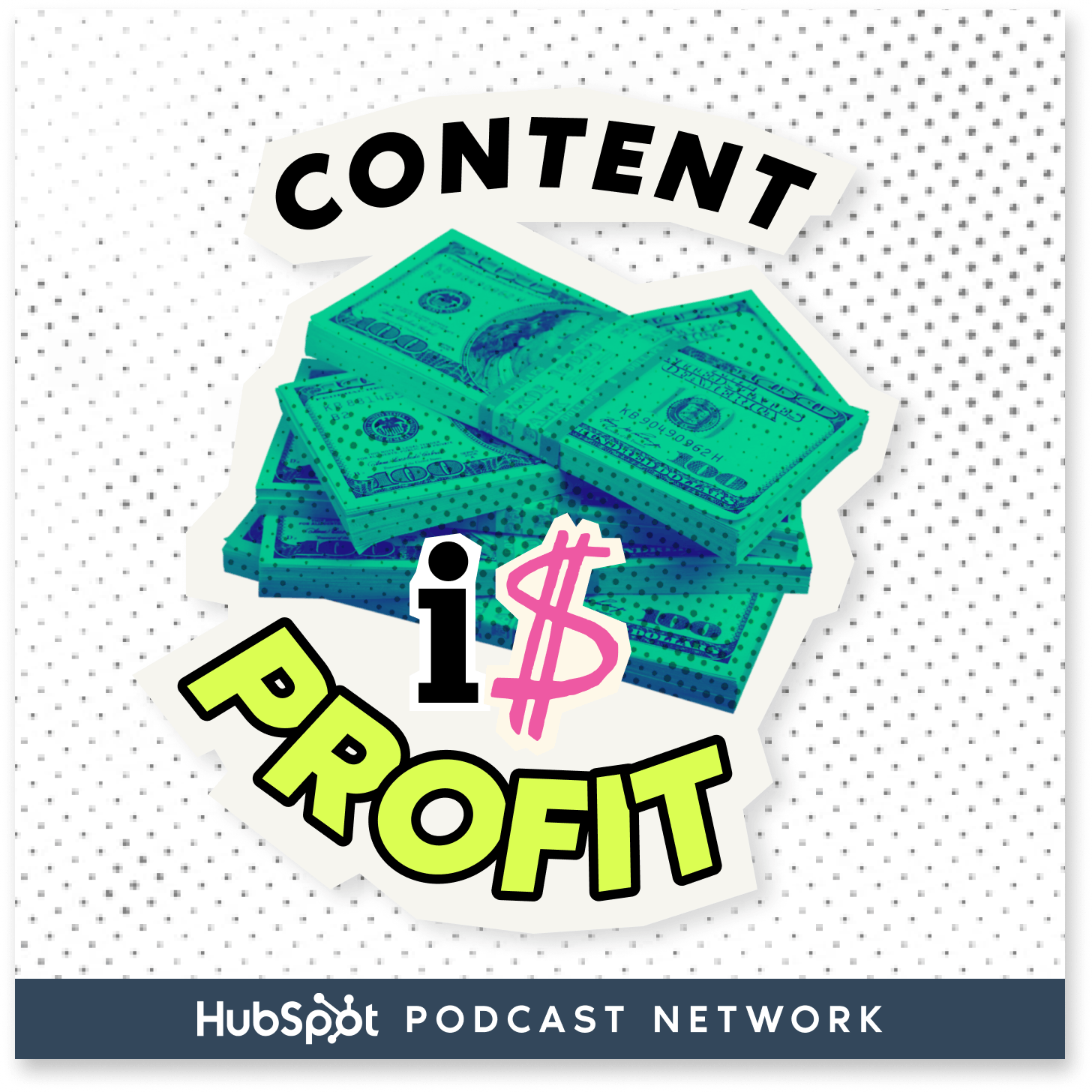
Content Is Profit
BIZBROS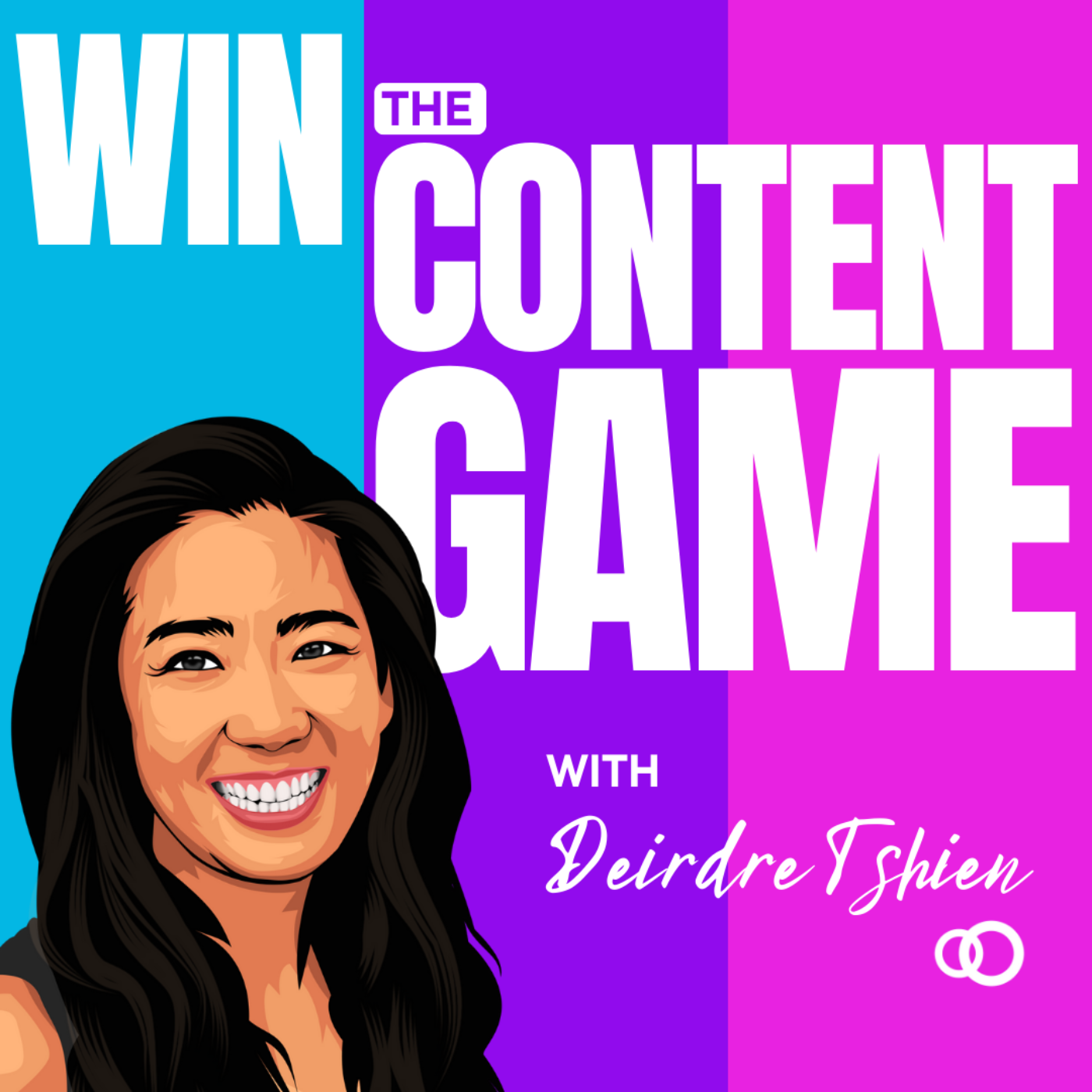
Win The Content Game
Deirdre Tshien - CEO & co-founder of Capsho, AI-powered Content Marketer (the fastest way to repurpose and market your expert content)
Fastlane Founders and Legacy with Jason Barnard: Personal Branding, AI Strategies, and SEO Insights
Jason Barnard Entrepreneur and CEO of Kalicube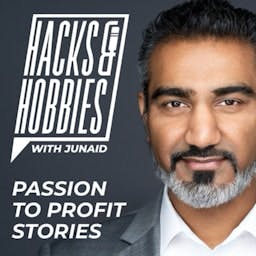
Hacks and Hobbies with Junaid Ahmed
Junaid Ahmed
I Have A Podcast by Vinnie Potestivo
Vinnie Potestivo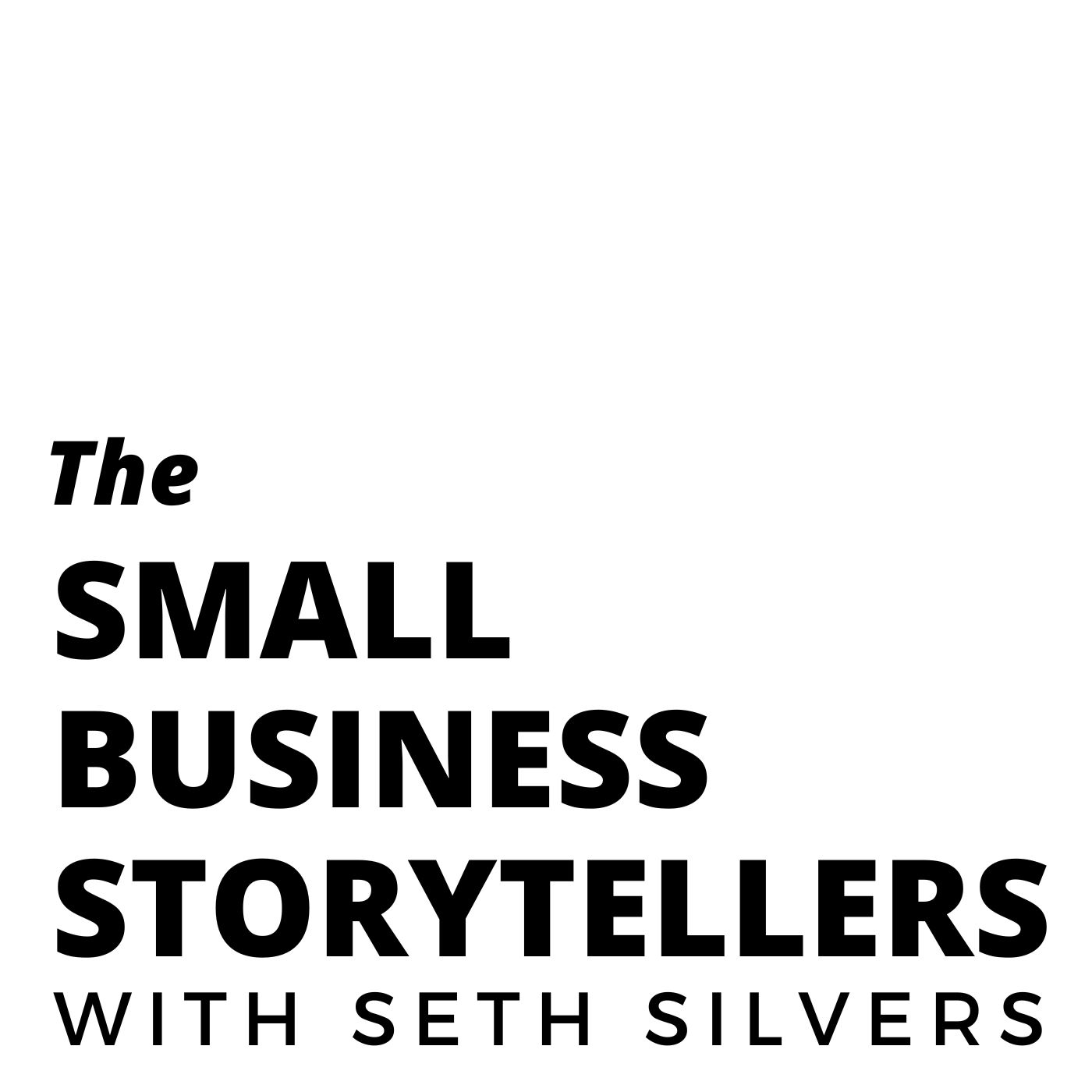
The Small Business Storytellers with Seth Silvers
Seth Silvers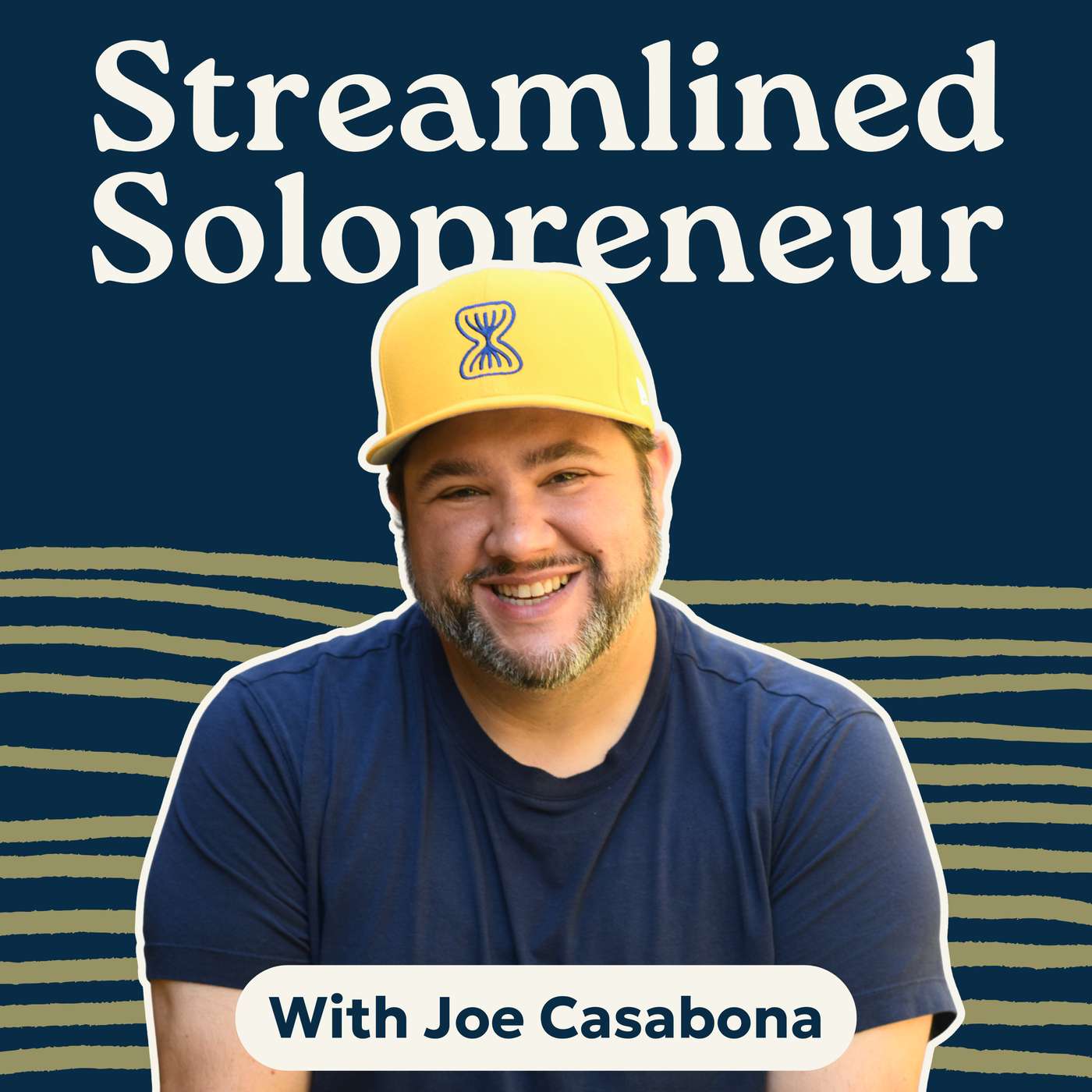
Streamlined Solopreneur: Tips to Help Small Business Owners Grow Without Burnout
Joe Casabona, Business Systems Coach
Insider Secrets to a Top 100 Podcast with Courtney Elmer | Podcasting Strategy for Business Growth
Courtney Elmer | PodLaunchHQ.comDo The Thing
Stacey Lauren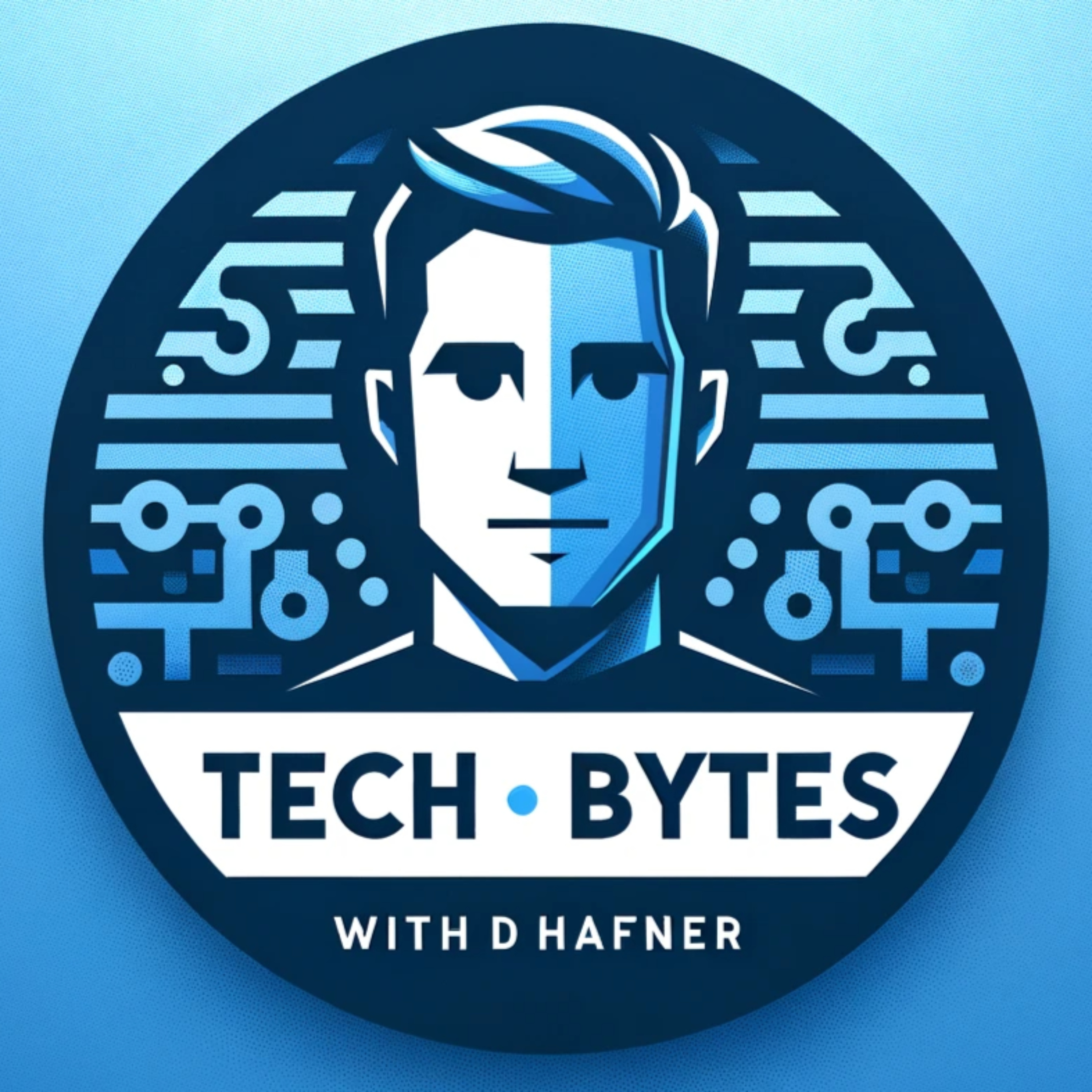
Tech Bytes - with Dan Hafner
Dan Hafner

